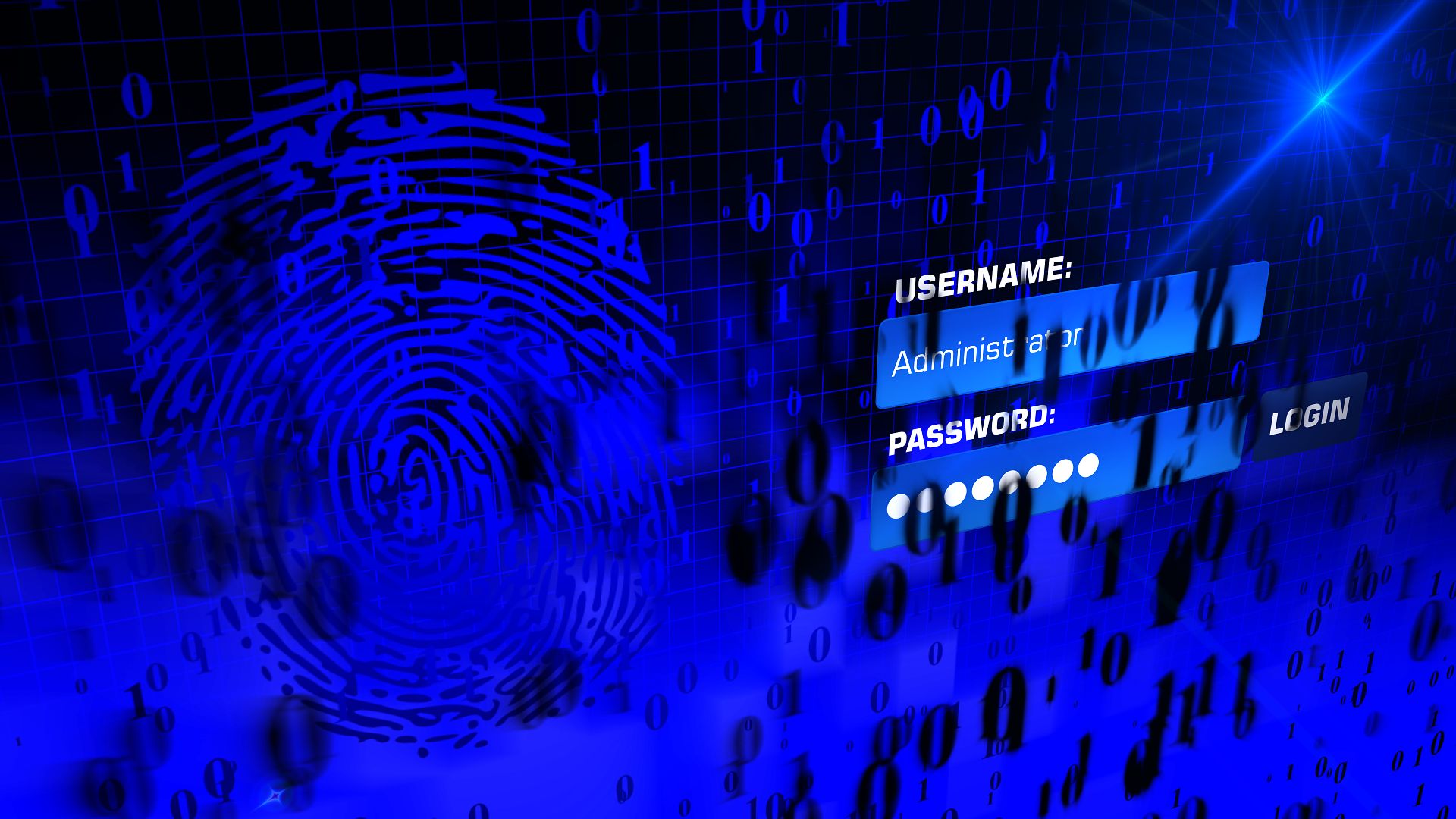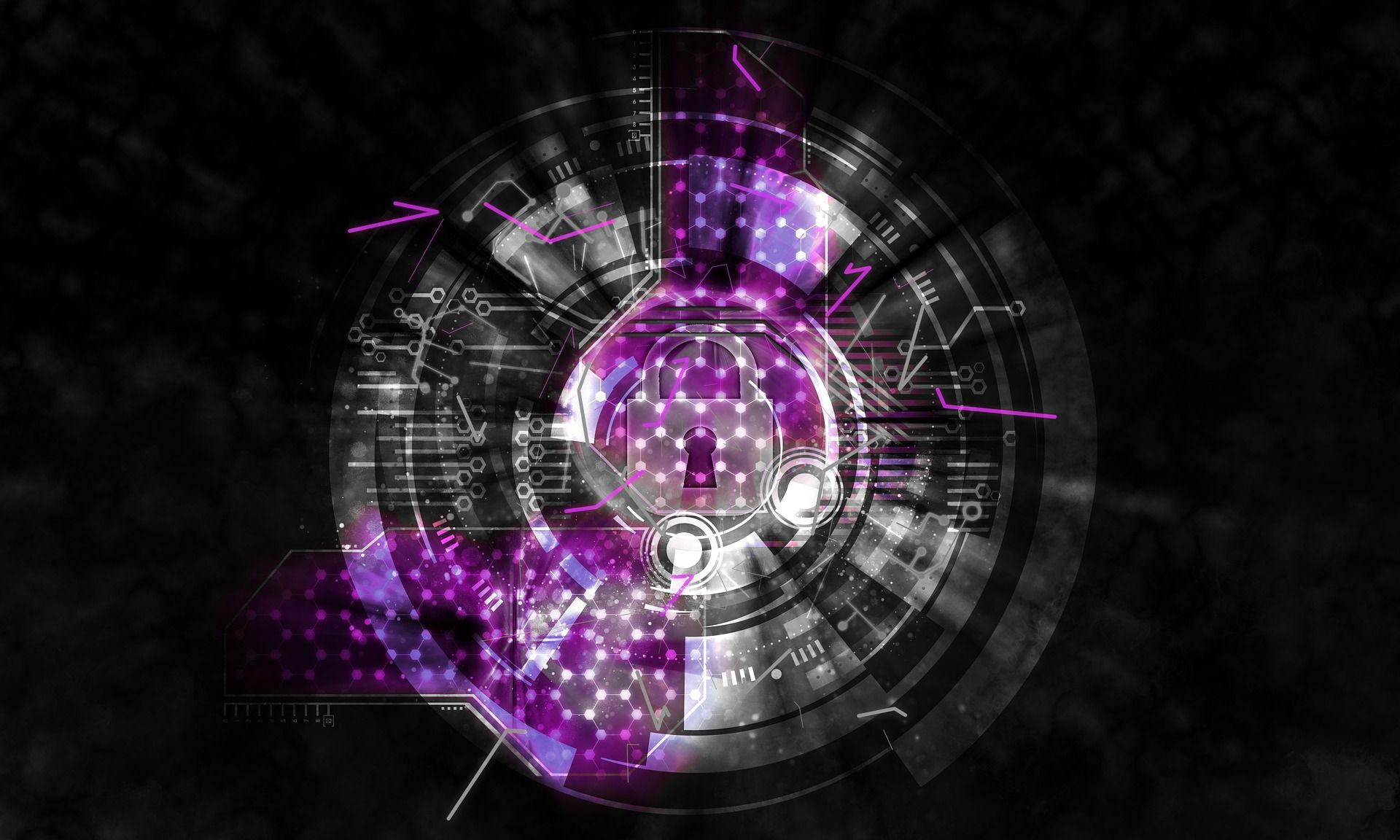As technology advances, cyber attacks have become more complex. This has led to a necessity for additional security measures to be implemented in online systems to protect businesses online. Having a rigorous SAP security strategy in place is important to control access to a business’s sensitive data and monitor the SAP environment for unusual activity and potential threats. This article will go through what exactly SAP security is and why it is a critical component of cyber security.
What is SAP security?
SAP security is essential in safeguarding different data types by monitoring and controlling access. This enables the SAP system to protect against internal and external threats, increasing the overall security against cyber attacks. Overall, SAP security is effective in protecting the integrity and confidentiality of the SAP system and the data it holds through several different security measures.

How does SAP security work?
For SAP security to be effective, the Goverance, Risk and Compliance (GRC) software and cyber security of an organization must be well-integrated with the security controls that are embedded in SAP. It works by utilizing several security concepts such as access control, segregation of duties, data locking, user management, user authentication, and logging to monitor the access of sensitive data by users and identify potential breaches and and cyber attacks. These attacks can then be prevented before significant damage can be done to the company in the form of data leaks and hacks.
GRC’s role in cyber security
There are three main components of GRC. The first is Governance, which functions as the structure of standards on protocols that act as the framework for secure operations in a business. It encompasses the responsibilities and rules as well as the procedures required to keep the organization protected.
The second component is Risk Management, which aims to identify and mitigate risks that may exist within the environment. By recognizing a potential risk, steps can be taken to eliminate it, keeping the system secure. The third component is Compliance, which plays the role of making sure standards and rules are followed properly. It does this by verifying every operation within an organization, ensuring they follow the predefined guidelines. Compliance oversees all operations and functions as quality control, guaranteeing any activity within the system conforms to the security protocols that have been outlined.
What is the importance of SAP security?
Prevent fraud and exploitation
SAP security plays a vital role within an organization, covering various aspects of a business and its operations, ensuring that data is secured appropriately, and reducing the risk of cyber threats. One of the prominent roles SAP security plays is preventing fraud and exploitation. It does this by implementing measures capable of detecting fraudulent activity and alerting those overseeing the system to stop the threat before damage can be done. It is also crucial to maintain the accuracy and integrity of data stored in the system by implementing safeguards and controls that prevent unauthorized tampering or modifications of data.

Identifying unauthorized access
SAP security is also highly effective in identifying unauthorized access to data by monitoring the activity of personnel and logging any attempts to obtain access to information that they haven’t been cleared to access. This makes it very easy to see when and who has accessed parts of this system without the proper authorization and take steps to stop a potential threat.
Detection data leaks
SAP security uses predefined protocols with mechanisms capable of detecting and preventing data leaks within an organization’s system. This helps to ensure that all of the sensitive data stored by a company remains confidential and protected. If a data leak is detected, it will be flagged immediately so steps can be taken as soon as possible to stop it, minimizing the consequences and harm that the company may experience.
Centralized security monitoring
What makes SAP security tools so powerful and effective in protecting an organization’s data is the ability to monitor the entire system. Many organisations may try to do this process manually, but modern businesses require automated processes to do this effectively with large amounts of data. This allows a comprehensive management and oversight of all activities and events related to the system’s security, reducing the risk of any potential threats going unnoticed.
SAP security is vital in cyber security
SAP security plays a vital role in protecting a company’s data by monitoring access to its system and implementing measures to not only recognize potential threats but also have protocols to eliminate them. It differs from cyber security in that it can also mitigate internal and external risks by monitoring and limiting access to data to those with the correct authorization. This is highly effective in ensuring that only those with the proper clearance can access confidential information, reducing the risk of it falling into the wrong hands.
Featured image credit: pixelcreatures/Pixabay





